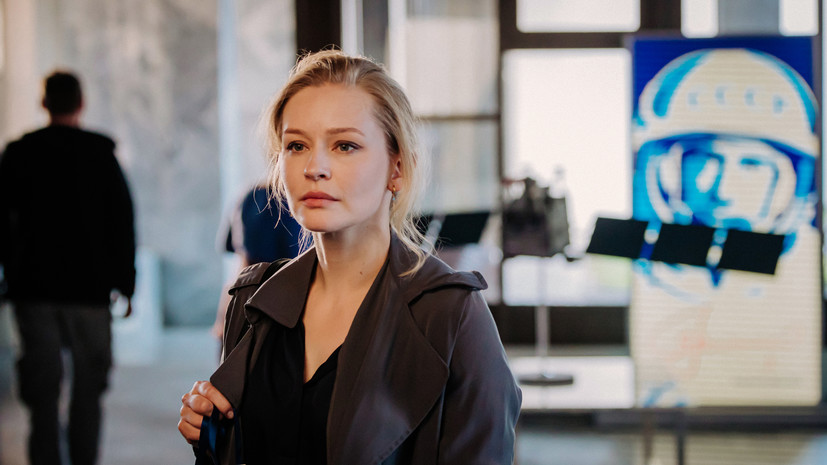Klim Shipenko's film "The Challenge", partially filmed aboard the orbiting International Space Station (ISS), became the highest-grossing film in Russia on the first weekend. According to the Unified Federal System of Information on Film Screenings in Cinema Halls (UAIS), the project's fees for the weekend amounted to 423.7 million rubles. At the same time, the total amount to date has reached 447.9 million rubles.
"Challenge" showed the best result at the start since the beginning of the year. The previous leader was Chad Stahelski's film John Wick 4, which grossed 302.3 million rubles in the first weekend at the Russian box office.
At the same time, the "Challenge" is far from the absolute starting record: even before the coronavirus pandemic and the outflow of viewers from cinemas, such films as "Avengers: Endgame" (849 million rubles over the weekend), "Venom" and "Venom 2" (855.6 million and 1 billion rubles), "The Last Bogatyr: The Root of Evil" (1.108 billion rubles), and others were more successful at the box office.
Despite the leadership, "Challenge" did not live up to the expectations of distributors, who hoped that an active advertising campaign would bring the tape more than 500 million rubles.
The budget spent on the marketing promotion of the "Challenge", according to "Kommersant", amounted to about 91 million rubles, which exceeds the cost of advertising the record holder of the domestic box office - the film "Cheburashka" (82 million rubles). Unlike the family comedy Dyachenko, which was advertised on several TV channels, radio and print resources, the promotion of the space tape was on Channel One and the reference and information portal "State Services".
However, the cost of promoting "Challenge" was significantly lower than the campaign of "Serf" - another picture by Klim Shipenko, which occupies the second place in the top ten highest-grossing Russian films in the history of domestic film distribution after "Cheburashka". According to Forbes.ru, the marketing strategy, which consisted of showing the trailer in cinemas, and then advertising on television and Internet sites, cost Yellow, Black and White about 100-150 million rubles. The company attracted bloggers to promote the feed, and also organized promotions on social networks.
As a result, "Serf" earned 3.08 billion rubles at the box office, significantly overtaking the high-budget projects "Union of Salvation" by Andrei Kravchuk and "Invasion" by Fyodor Bondarchuk. All three tapes were released during the New Year holidays.
According to Dmitry Kolesov, director of the department of new technologies at the consulting company J'son & Partners Consulting, work with bloggers is also likely to be carried out to advertise the "Challenge".
"This is a fairly common step when young people are used as a channel for promoting content, especially the state," the expert said in an interview with Kommersant.
At the same time, according to producer Dmitry Litvinov, marketing costs do not guarantee the tape box office success, since the target audience of "Challenge" is 12+, unlike the film "Cheburashka", designed for viewers of all ages. In addition, it is worth considering that the comedy about the big-eared animal was released on the big screens during the New Year holidays, when other domestic films could not compete with it, including because of the incomparably high budget.
The premiere of the film "Challenge" took place on April 12. The film was a real test for both the director and the lead actress Yulia Peresild, who, together with cosmonauts Oleg Novitsky, Anton Shkaplerov and Pyotr Dubrov, went into space and spent 12 days on the ISS. In total, 30 hours of material were filmed in zero gravity, but the final version of the picture included about half an hour. On Earth, the filming of "Challenge" took 53 days.
In the story, Peresild's character, Eugenia's thoracic surgeon, will have to prepare for a space flight in a month, and then go to the ISS and save an astronaut who needs medical help. It depends on the courage and professionalism of the heroine whether the patient will be able to return home alive.
The screening of the film is planned or has already begun in 15 countries of the Middle East, as well as in Serbia, Croatia, Montenegro and other countries.

